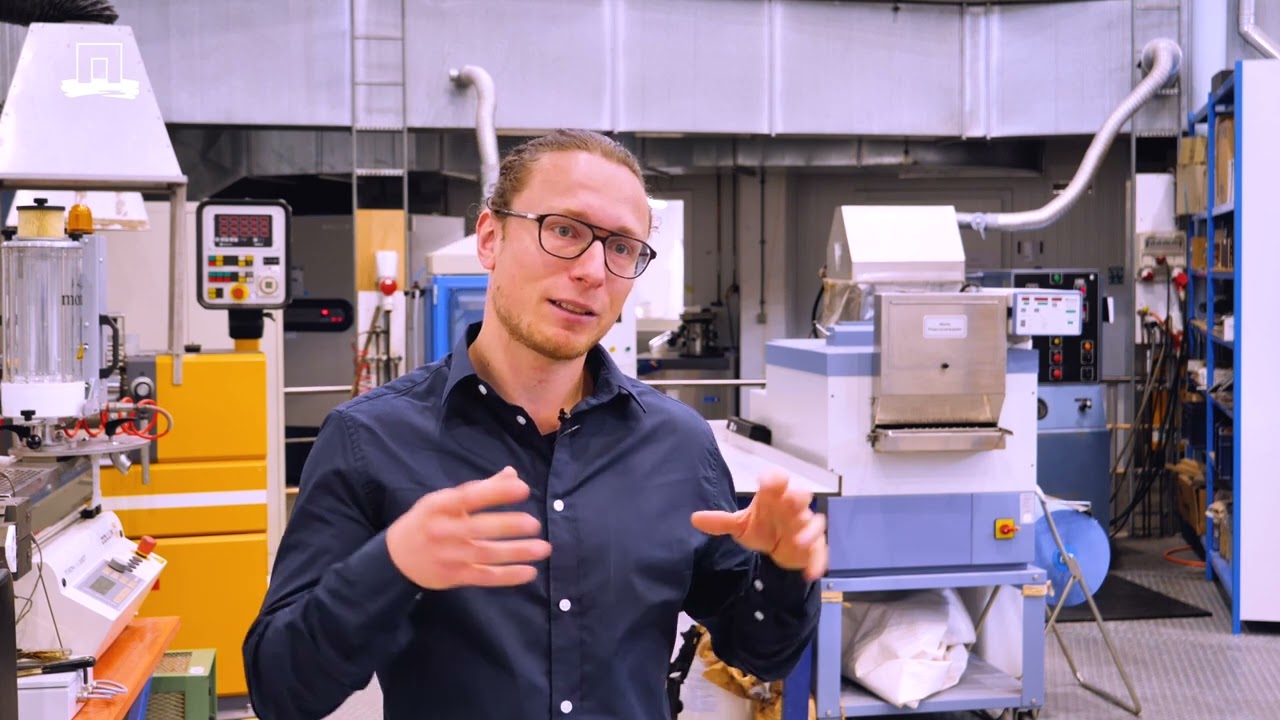Edwin Keijsers, Richard Gosselink, Gijs van Erven, Jeroen van Bon, Arjen van Kampen
How can we convert biomass directly and locally into complex shaped biobased materials?
Current infrastructure is built with energy and resource intensive materials. Biobased materials present ample opportunities to make buildings and infrastructure more sustainable. However, biomass is a very heterogenous resource, which usually requires multiple steps (biorefinery/conversion/material production) to make the biobased material available. What if this process could be carried out in one single step for the largest terrestrial biomass: wood (or lignocellulose)?
Lignocellulose, or wood, is the most abundant terrestrial biomass and is used for the production of many existing biobased materials (e.g. lumber, paper, board materials). The industrial production of more 3D complex shaped board material from lignocellulose usually requires several processing steps and requires a binder to keep all woody particles together. Binderless technology enables a one-step production technology which uses the functionality of the components in the biomass (cellulose, lignin and hemicellulose) to produce complex shaped products without adding a binder. In addition, it is capable of using a broad range of lignocellulosic feedstocks (e.g. fibre crops, wood prunings), instead of only wood. The principle could be used to eventually enable the use of techniques which are currently used for thermoplastic processing and enable radically new products directly out of lignocellulose.
Binderless technology enables a change in biobased production technology. First, there is more local production based on direct conversion of biomass into complex-shaped products. Second, there is no need for harmful binders in the products. Eventually, this could lead to direct conversion from woody biomass into products. So far, this is only possible with thermoplastics/thermosets.




